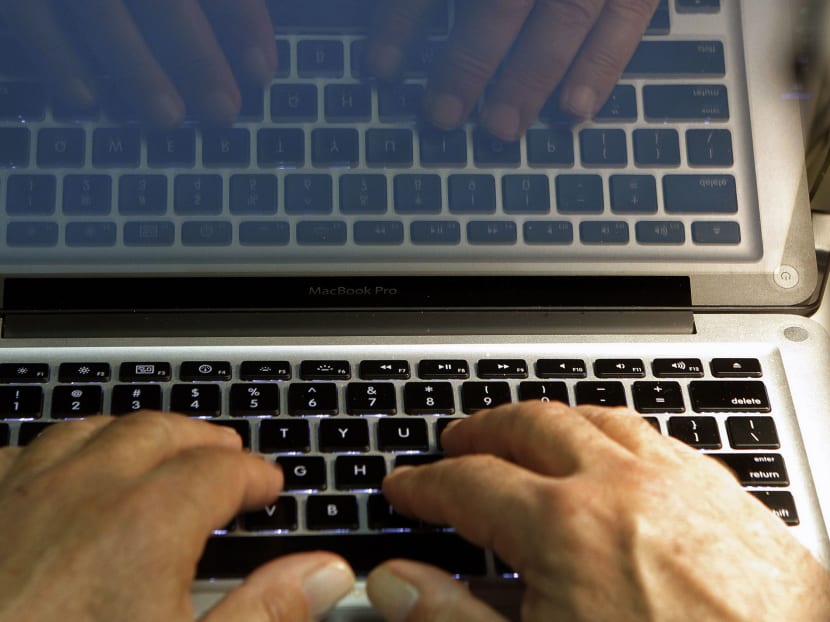Most S’poreans concerned about fake news: BBC study
SINGAPORE — Over 80 per cent of Singaporean news consumers are concerned about fake news, the highest among the five countries surveyed by BBC Global News.
SINGAPORE — Over 80 per cent of Singaporean news consumers are concerned about fake news, the highest among the five countries surveyed by BBC Global News.
Commentators said Wednesday (May 24) the figure was not surprising, given that many Singaporeans consume news via social media, which is laden with dubious articles. The fact that people are concerned about the accuracy of what they are reading is welcome, they added, as it shows that news consumers are guarding themselves from being swept away by fake news.
The study, titled The Value of News — and the Importance of Trust, found that 84 per cent of Singaporeans surveyed expressed concern over fake news, with India coming in a close second at 83 per cent, followed by Hong Kong (77 per cent), Malaysia (76 per cent), and Australia (72 per cent).
National University of Singapore (NUS) law dean Simon Chesterman attributed the concern for fake news to the high connectivity and social media penetration in Singapore.
“Since that (social media) is the medium through which fake news is often disseminated — (coupled with) the fact that the population is relatively well-educated — it is not surprising that Singaporeans express a high level of concern about fake news,” he said.
The study, conducted in March, surveyed a total of 1,549 news consumers, defined as those who consume news at least once a week.
Mr Jamie Angus, editorial director of BBC Global News, said: “The proliferation of fake news is a global issue ... Consumers in Singapore and beyond are increasingly turning to reputable news sources they know they can trust.”
Singapore Management University law don Eugene Tan said the widespread concern among Singaporeans indicates an “acute consciousness” to the presence and reach of fake news.
“The figure does not point to the (fact) that fake news is a big problem in Singapore,” he stressed. “It suggests that Singapore respondents are most alive to the potential and impact of fake news to wreck disquiet, alarm, fear and vitriol.”
His sentiment was shared by Dr Carol Soon, senior research fellow from the Lee Kuan Yew School of Public Policy’s Institute of Policy Studies. “The heightened awareness of fake news among Singaporeans can have a positive effect as it may translate into greater online vigilance and healthy scepticism,” she said.
Out of the 310 Singaporean respondents surveyed, the study found that 59 per cent find it difficult to distinguish between real and fake news online.
The level of sophistication of fake news — especially in getting people to feel rather than think — makes discerning challenging, Dr Tan said.
“The speed at which fake news spreads, and the repetition with which the fake news is generated across various modes in social media, can conspire to make people question their own assessment as to whether a piece of news is fake or not,” he added.
The BBC findings, which were released on Tuesday, came about two months after the issue of fake news was raised in Parliament by Law and Home Affairs Minister K Shanmugam, who said the Government was looking into ways to stem its proliferation online.
Correction: An earlier version of this story quoted Dr Carol Soon as a research fellow from the Lee Kuan Yew School of Public Policy’s Institute of Policy Studies. That is incorrect. She is a senior research fellow. We are sorry for the error.










